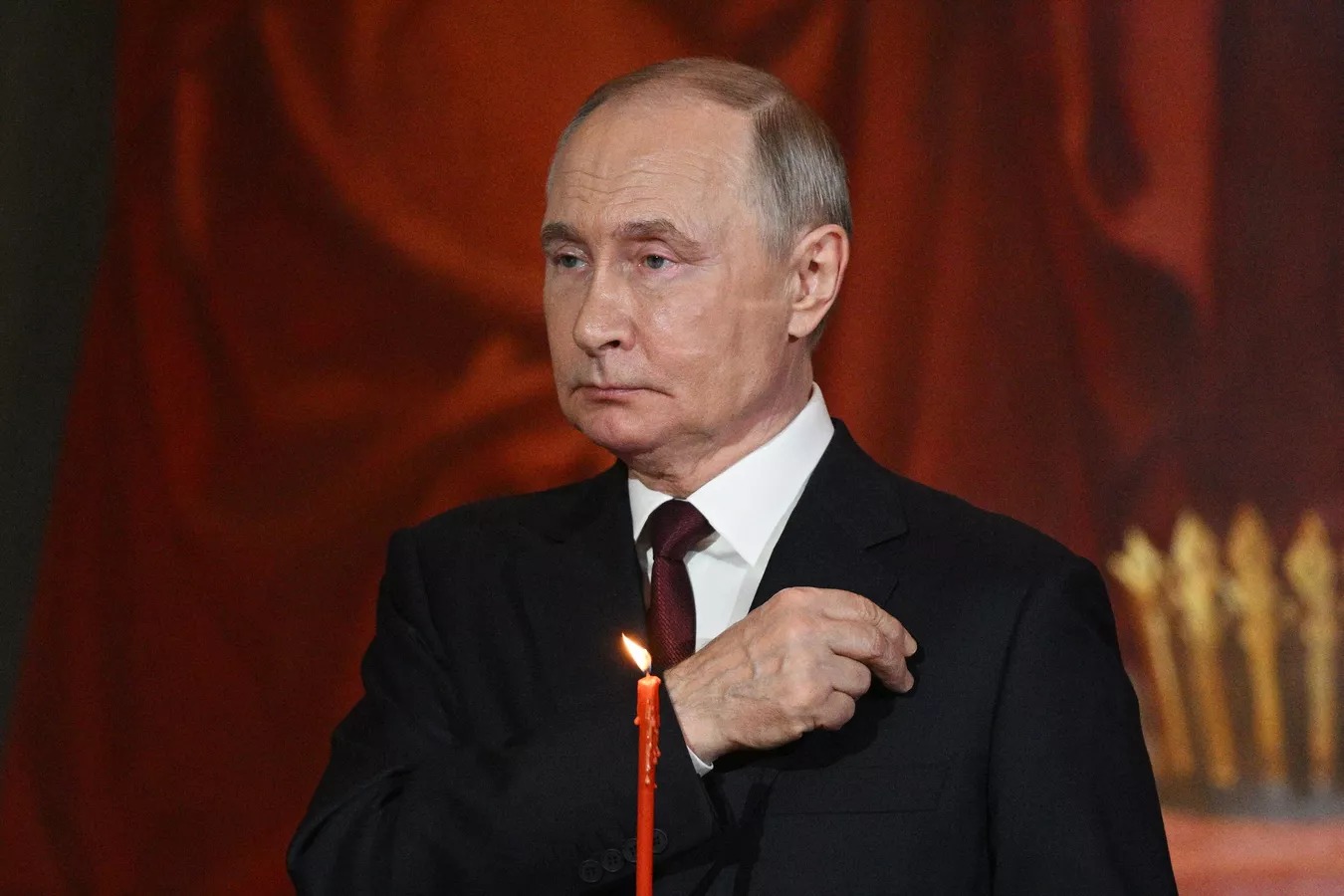Russia’s top officials have revived unproven allegations that Ukraine may use a “dirty bomb,” coinciding with ongoing discussions in the US and Europe on increasing military assistance to Ukraine. At the St. Petersburg International Economic Forum (SPIEF) on 20 June, Russian President Vladimir Putin responded to a moderator’s question by issuing new nuclear-tinged threats—despite acknowledging there is no evidence behind the claim, the Institute for the Study of War (ISW) reports.
Speaking at SPIEF, Putin warned that a Ukrainian use of a dirty bomb—a conventional explosive laced with radioactive material—would be a “colossal mistake.” He stated,
“Russia will respond proportionately to all threats,” and emphasized that such a response would be “catastrophic” for Ukraine.
However, he also admitted that “there is no evidence” that Ukraine plans to use such a weapon.
Medvedev resorts to nuclear blackmail, amplifying non-existing threat
The day after Putin’s comments, on 21 June, Russian Security Council Deputy Chairperson Dmitry Medvedev escalated the rhetoric further. According to the Institute for the Study of War (ISW), Medvedev stated that Russia would respond with a tactical nuclear weapon if Ukraine used a dirty bomb against Russian targets. His remarks followed the same narrative outlined by Putin, despite the lack of substantiating evidence.
Russia shields Iran’s nuclear ambitions, Zelenskyy warns
Narrative aims to disrupt Western military support
The ISW noted in its 21 June assessment that the Kremlin’s reintroduction of the dirty bomb narrative mirrors similar tactics used in March and October 2022. At those times, Russian officials also intensified nuclear threats, which ISW assessed were designed to slow down Western military aid to Ukraine and weaken allied unity.
“Russian officials are likely reintroducing this narrative amid ongoing debates in the United States and Europe about further aiding Ukraine,” ISW wrote.




